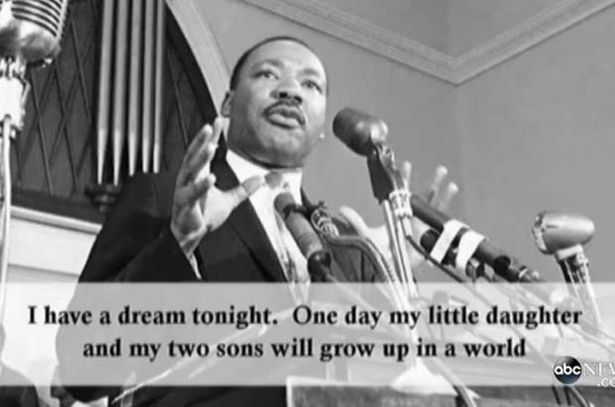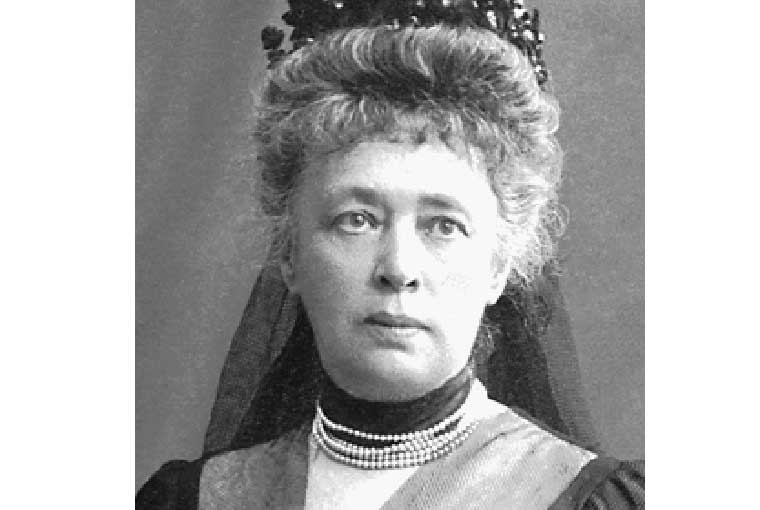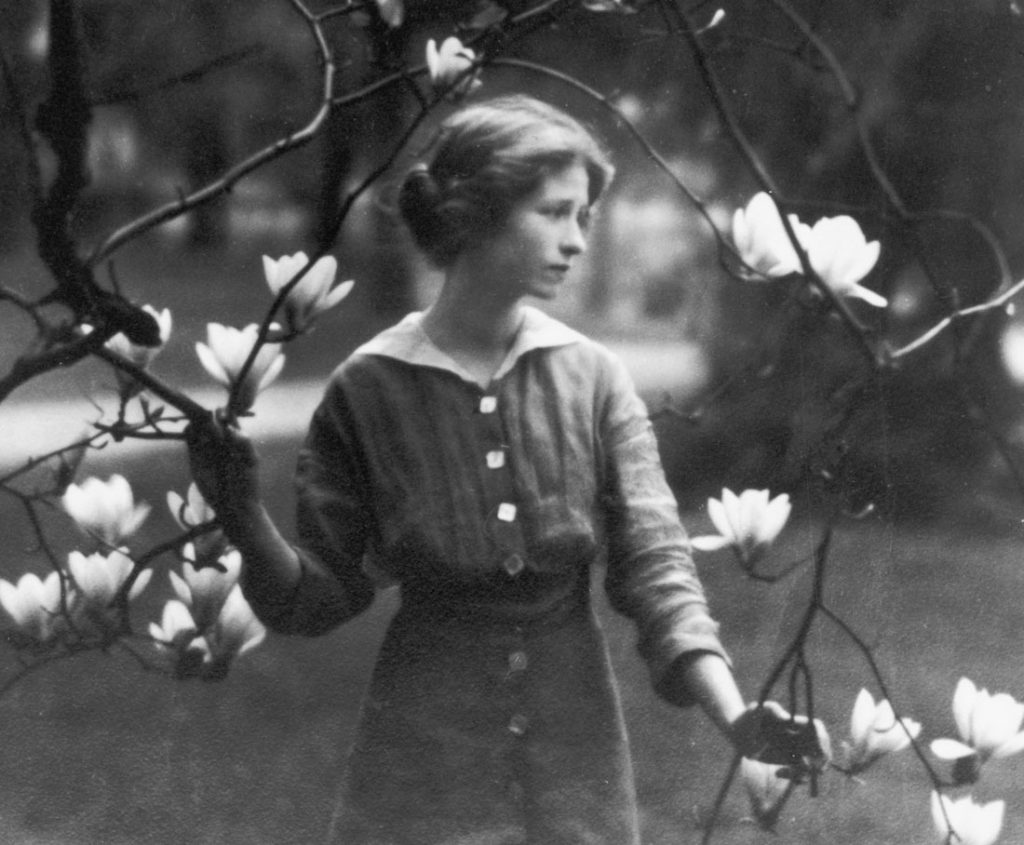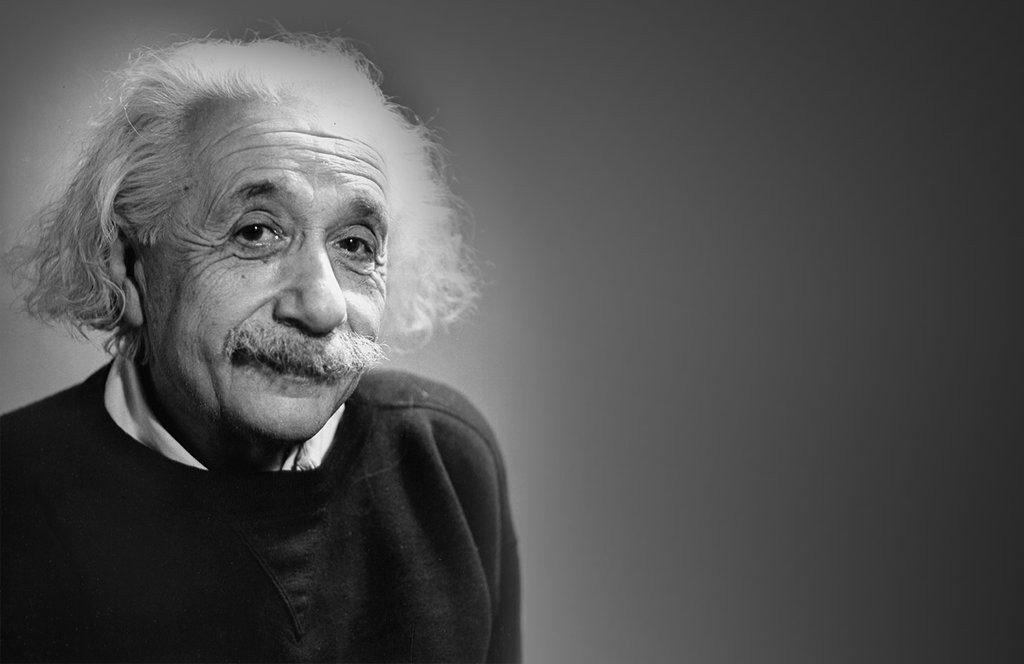
The son of a southern Baptist minister, Martin Luther King, Jr received his Ph.D. in theology from Boston University in 1955. During his studies, he had admired Thoreau’s essay “On the Duty of Civil Disobedience,” and he had also been greatly moved by the life and teachings of Mahatma Gandhi.
King applies the teachings of Thoreau and Gandhi to the Civil Rights movement
Martin Luther King Jr. had been pastor of the Dexter Avenue Baptist Church in Montgomery Alabama for only a year when he was chosen to lead a boycott protesting segregation in the Montgomery buses. Suddenly thrust into this situation of intense conflict, he remembered both the Christian principle of loving one’s enemies and Gandhi’s methods of non-violent protest. In his first speech as President of the Montgomery Improvement Association (a speech which the rapid pace of events had forced him to prepare in only twenty minutes, five of which he spent in prayer), he said:
“Our method will be that of persuasion, not coercion. We will only say to people, ‘Let your conscience be your guide’. Our actions must be guided by the deepest principles of our Christian faith. Love must be our regulating ideal. Once again we must hear the words of Jesus echoing across the centuries: ‘Love your enemies, bless them that curse you, and pray for them that despitefully use you.’ If we fail to do this, our protest will end up as a meaningless drama on the stage of history, and its memory will be shrouded by the ugly garments of shame. In spite of the mistreatment that we have confronted, we must not become bitter and end up by hating our white brothers. As Booker T. Washington said, ‘Let no man pull you down so low as to make you hate him.’”
“If you will protest courageously, and yet with dignity and Christian love, when the history books are written in future generations, the historians will have to pause and say, ‘There lived a great people, a black people, who injected new meaning and dignity into the veins of civilization.’ This is our challenge and our overwhelming responsibility.”
Victory in the court of public opinion
This speech, which Dr. King made in December 1955, set the tone of the black civil rights movement. Although the protesters against racism were often faced with brutality and violence; although many of them, including Dr. King were unjustly jailed; although the homes of the leaders were bombed; although they constantly received telephone calls threatening their lives; although many civil rights workers were severely beaten, and several of them killed, they never resorted to violence in their protests against racial discrimination. Because of this adherence to Christian ethics, public opinion shifted to the side of the civil rights movement, and the United States Supreme Court ruled bus segregation to be unconstitutional.
Welcomed to India by Nehru
In 1959, while recovering from an almost-fatal stabbing, Martin Luther King Jr. visited India at the invitation of Prime Minister Jawaharlal Nehru. Dr. King and his wife Coretta were warmly welcomed by Nehru, who changed his schedule in order to meet them. They had an opportunity to visit a religious community or “ashram” that Gandhi had founded, and they discussed non-violence with many of Gandhi’s disciples.
King is awarded the Nobel Peace Prize
In 1964, the change in public opinion produced by the non-violent black civil rights movement resulted in the passage of the civil rights act. In the same year, Dr. King was awarded the Nobel Peace Prize. He accepted it, not as an individual, but on behalf of all civil rights workers; and he immediately gave all the prize money to the movement.
Opposition to the Viet Nam War
In 1967, a year before his assassination, Dr. King forcefully condemned the Viet Nam war in an address at a massive peace rally in New York City. He felt that opposition to war followed naturally from his advocacy of non-violence. Speaking against the Viet Nam War, Dr. King said: “We have corrupted their women and children and killed their men. They move sadly and apathetically as we herd them off the land of their fathers into concentration camps where minimal social needs are rarely met. They know they must move on or be destroyed by our bombs … primarily women and children and the aged watch as we poison their water, as we kill a million acres of their crops. They must weep as the bulldozers roar through their areas preparing to destroy the precious trees. They wander into the hospitals. So far we may have killed a million of them, [in Vietnam by 1967] mostly children. They wander into the towns and see thousands of the children, homeless, without clothes, running in packs on the streets like animals. They see the children degraded by our soldiers as they beg for food. They see the children selling their sisters to our soldiers, soliciting for their mothers.”
Opposition to nuclear weapons
In his book, “Strength to Love”, Dr. King wrote,“Wisdom born of experience should tell us that war is obsolete. There may have been a time when war served a negative good by preventing the spread of an evil force, but the power of modern weapons eliminates even the possibility that war may serve as a negative good. If we assume that life is worth living, and that man has a right to survival, then we must find an alternative to war … I am convinced that the Church cannot be silent while mankind faces the threat of nuclear annihilation. If the church is true to her mission, she must call for an end to the nuclear arms race.”
Assassination
On April 4, 1968, Dr. King was shot and killed. A number of people, including members of his own family, believe that he was killed because of his opposition to the Viet Nam War. This conclusion is supported by the result of a 1999 trial initiated by members of the King family. Summing up the arguments to the jury, the family’s lawyer said “We are dealing in conspiracy with agents of the City of Memphis and the governments of the State of Tennessee and the United States of America. We ask that you find that a conspiracy existed.” After two and a half hour’s deliberation, the jury found that Lloyd Jowers and “others, including governmental agencies, were parties to this conspiracy”. The verdict of the jury remains judicially valid today, and it has never been overturned in a court of law, although massive efforts have been made to discredit it.
Redemptive love
Concerning the Christian principle of loving one’s enemies, Dr. King wrote: “Why should we love our enemies? Returning hate for hate multiplies hate, adding deeper darkness to a night already devoid of stars. Darkness cannot drive out darkness; only light can do that. Hate cannot drive out hate. Only love can do that … Love is the only force capable of transforming an enemy into a friend. We never get rid of an enemy by meeting hate with hate; we get rid of an enemy by getting rid of enmity… It is this attitude that made it possible for Lincoln to speak a kind word about the South during the Civil War, when feeling was most bitter. Asked by a shocked bystander how he could do this, Lincoln said, ‘Madam, do I not destroy my enemies when I make them my friends?’ This is the power of redemptive love.”
To a large extent, the black civil rights movement of the ’50’s and ’60’s succeeded in ending legalized racial discrimination in America. If the methods used had been violent, the movement could easily have degenerated into a nightmare of interracial hatred; but by remembering the Christian message, “Love your enemy; do good to them that despitefully use you”, Martin Luther King Jr. raised the ethical level of the civil rights movement; and the final result was harmony and understanding between the black and white communities. Later the nonviolent methods of Gandhi and King were successfully applied to the South African struggle against Apartheid by Nelson Mandela and his followers.
Here are a few more things that Martin Luther King said
“I have decided to stick to love…Hate is too great a burden to bear.”
“Faith is taking the first step even when you can’t see the whole staircase.”
“Our lives begin to end the day we become silent about things that matter.”
“In the end, we will remember not the words of our enemies, but the silence of our friends.”
“If you can’t fly then run, if you can’t run then walk, if you can’t walk then crawl, but whatever you do you have to keep moving forward.”
“Only in the darkness can you see the stars.”
“There comes a time when a person must take a position that is neither safe, nor politic, nor popular, but he must take it because conscience tells him it is right.”
“Everybody can be great…because anybody can serve. You don’t have to have a college degree to serve. You don’t have to make your subject and verb agree to serve. You only need a heart full of grace. A soul generated by love.”
“Forgiveness is not an occasional act, it is a constant attitude.”
“We must accept finite disappointment, but never lose infinite hope.”
“There is some good in the worst of us and some evil in the best of us. When we discover this, we are less prone to hate our enemies.”
“We must live together as brothers or perish together as fools.”
“Intelligence plus character: that is the goal of true education.”
“If we are not careful, our colleges will produce a group of close-minded, unscientific, illogical propagandists, consumed with immoral acts. Be careful, brethren! Be careful, teachers.”
“True peace is not merely the absence of tension; it is the presence of justice.”
“Science investigates; religion interprets. Science gives man knowledge, which is power; religion gives man wisdom, which is control. Science deals mainly with facts; religion deals mainly with values. The two are not rivals.”
“The ultimate measure of a man is not where he stands in moments of comfort and convenience, but where he stands at times of challenge and controversy.”
“We know through painful experience that freedom is never voluntarily given by the oppressor, it must be demanded by the oppressed.”
“Injustice anywhere is a threat to justice everywhere. We are caught in an inescapable network of mutuality, tied in a single garment of destiny. Whatever affects one directly, affects all indirectly.”
“We have also come to this hallowed spot to remind America of the fierce urgency of Now. This is no time to engage in the luxury of cooling off or to take the tranquilizing drug of gradualism. Now is the time to make real the promises of democracy.”
“The time is always right to do what is right.”
“The contemporary tendency in our society is to base our distribution on scarcity, which has vanished, and to compress our abundance into the overfed mouths of the middle and upper classes until they gag with superfluity. If democracy is to have breadth of meaning, it is necessary to adjust this inequity. It is not only moral, but it is also intelligent. We are wasting and degrading human life by clinging to archaic thinking.”
“For when people get caught up with that which is right and they are willing to sacrifice for it, there is no stopping point short of victory.”
“All we say to America is, `Be true to what you said on paper.’ If I lived in… any totalitarian country, maybe I could understand the denial of certain basic First Amendment privileges, because they hadn’t committed themselves to that over there. But somewhere I read of the freedom of assembly. Somewhere I read of the freedom of speech. Somewhere I read of the freedom of the press. Somewhere I read that the greatness of America is the right to protest for right.”
“We’ve got some difficult days ahead. But it really doesn’t matter with me now because I’ve been to the mountaintop . . .I’ve looked over and I’ve seen the promised land. I may not get there with you. But I want you to know tonight that we as a people will get to the promised land.”
Dr. Martin Luther King Jr., great orator, champion of justice and equality, fearless opponent of war, we need your voice today!
This article is a chapter of John Avery’s new book “We Need Their Voices Today”. Rest of the chapters can be read HERE
John Avery received a B.Sc. in theoretical physics from MIT and an M.Sc. from the University of Chicago. He later studied theoretical chemistry at the University of London, and was awarded a Ph.D. there in 1965. He is now Lektor Emeritus, Associate Professor, at the Department of Chemistry, University of Copenhagen. Fellowships, memberships in societies: Since 1990 he has been the Contact Person in Denmark for Pugwash Conferences on Science and World Affairs. In 1995, this group received the Nobel Peace Prize for their efforts. He was the Member of the Danish Peace Commission of 1998. Technical Advisor, World Health Organization, Regional Office for Europe (1988- 1997). Chairman of the Danish Peace Academy, April 2004. http://www.fredsakademiet.dk/ordbog/aord/a220.htm.

















































